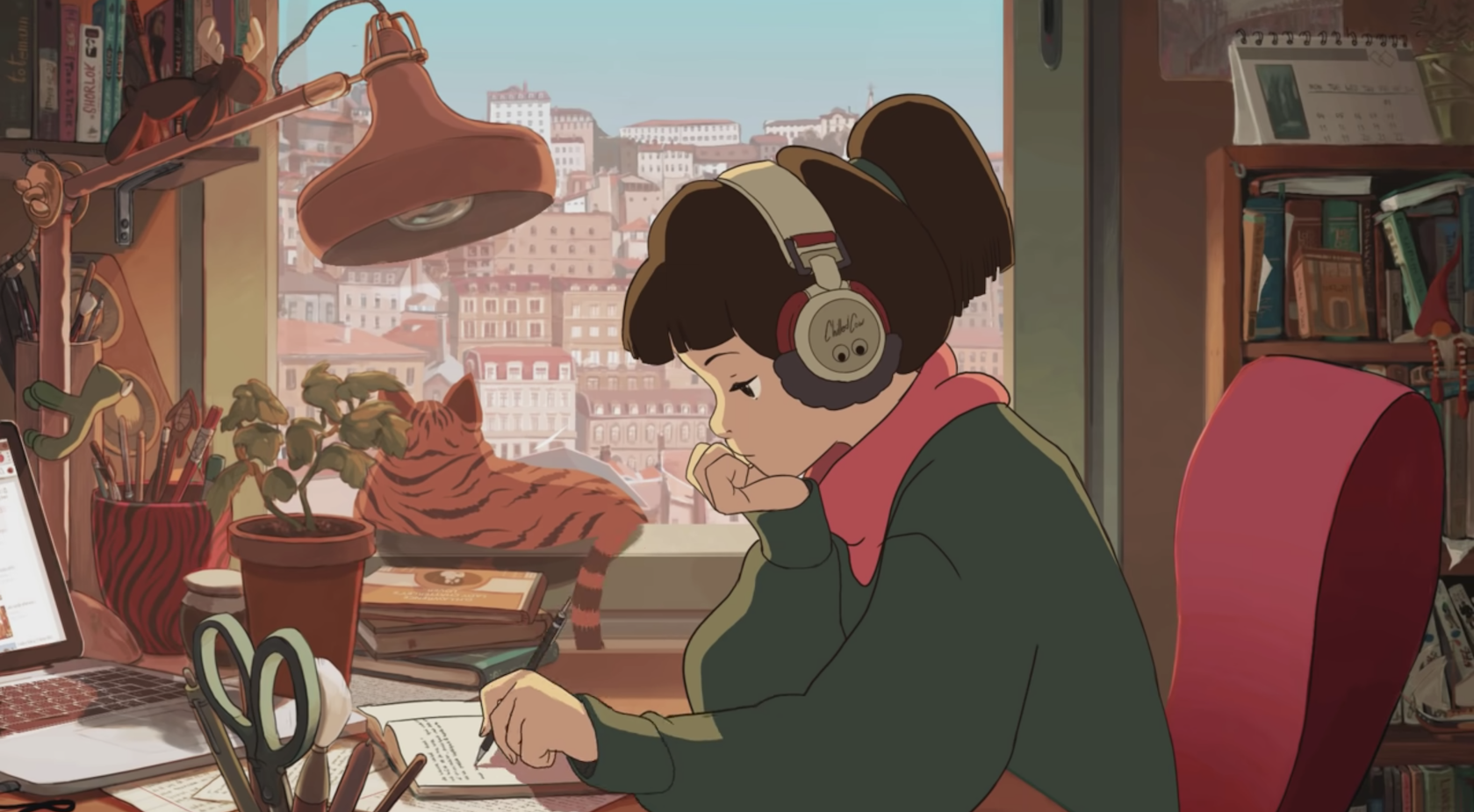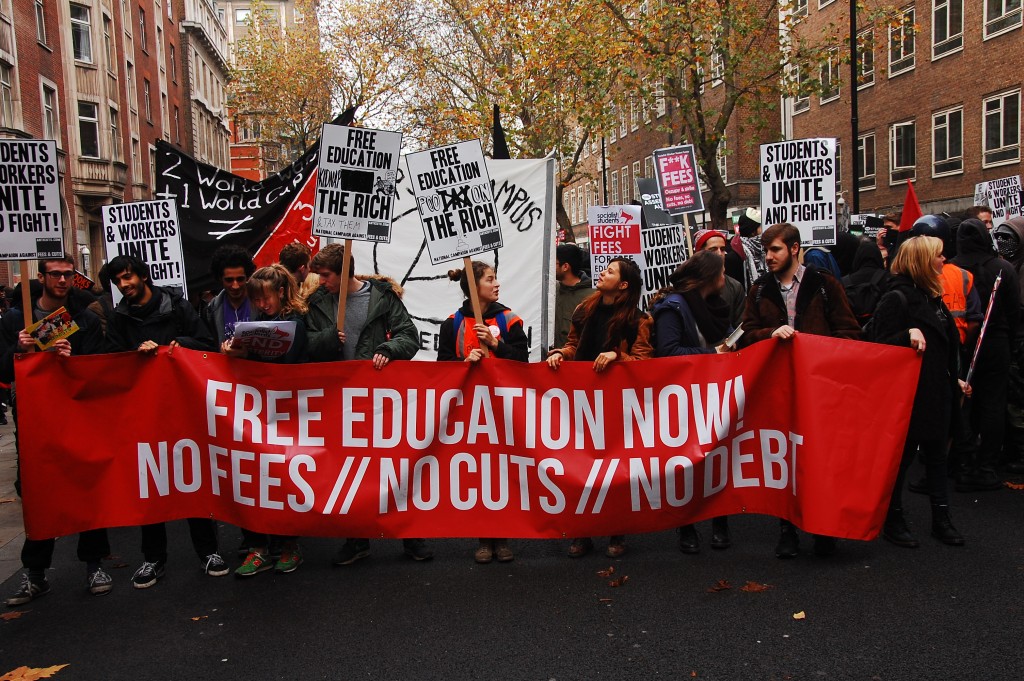Over the coming weeks Plan C will release modules based on different topics we think are important for political education, as well as resources for people to self-organise their own remote sessions. We announce this series with a perspective written by Plan C LDN members Katie H & Nik M, outlining both the opportunity for collective self-education provided by the pandemic, and the dangers if we don’t treat this as an urgent political necessity.
All of us will be spending significant time inside during the Corona Virus/Covid-19 pandemic. Self-isolation, lockdown and quarantine are huge challenges under our current political and economic arrangements, as we’ve already seen, but this in itself is disrupting the political and economic common sense of ever-increasing numbers of people. Many suddenly have significant amounts of relatively free time, watching the stock markets get trillions of dollars, while millions of living, breathing humans are caught between having to work and so face huge risks for themselves and their loved ones, or otherwise lose the means to support themselves. The “right to work” is getting prioritised over the right to live – let alone the right to live with dignity – and all with either precarious access to healthcare or no access at all, even in those nation-states with national services. And so the current system’s anti-social, anti-human, indeed anti-life nature is becoming ever more naked.
An Opportunity and a Danger
This disruption of common sense provides an opportunity: the chance to turn awareness of the profound challenge pandemic represents in our current political and economic system, and so the current system’s inhuman nature, into a conscious desire to overcome this system, and replace it with a humane and social alternative which values life and is able to meaningfully respond to such crises. Education has long been recognised as essential to any revolutionary process, from Rosa Luxemburg to Lucy Parsons, and the current lockdowns across the world provide a singular opportunity for political education in a time when both capital accumulation, i.e. “the economy”, and social reproduction, the stuff of our everyday lives, are in serious crisis, and many are doing essential community organising for the first time.
Yet while this opportunity represents one of the pandemic’s very few potential positives, it brings clear dangers too. Growing awareness of the system’s profound limitations, without access to critical, radical perspectives, makes it all too easy for conspiracy theories to take hold. Conspiracy theories (and those who believe them) aren’t “stupid”, they’re attempts, however blunt, to provide a systematic explanation for why things are the way they are. Their seductive quality lies in their rational-seeming explanations for otherwise bizarre and terrifying circumstances. Their danger, on the other hand, lies in their continued reliance on the current system’s common sense, only exaggerated in an overly intricate imagining to provide a systematic rather than systemic explanation.
This reliance on the system’s common sense – for example, the way discussions of China’s geopolitical and economic role all too easily slip into conspiratorial imaginings inextricable from racist assumptions and stereotypes – makes conspiracy theories and those who believe them easy prey for far-right opportunists. This danger is especially acute in a crisis which requires state interventions, at least under current conditions, and so has inherent tendencies toward enabling state authoritarianism, normalising closing borders, increased surveillance, close regulation of movement, police checkpoints, military mobilisation, and so on. Far-right opportunists are eager to develop people’s collection of common-sense conspiracy theories, conscious and semi-conscious, into fully-fledged fascist worldviews. Fascist worldviews are pseudo-systemic: they move beyond conspiracy theories’ simplistic although often intricate exaggeration to argue for a system run by and for racialised, gendered and classed enemies. If only these enemies could be controlled and/or exterminated, they argue, the system could be run in “your” favour, and so “undesirable” social categories are violently constructed and the people who fall into them experience the state’s increased levels of normalised coercion.
So the profound dangers of far-right opportunism in the current moment means that we can’t fall back on the typical liberal response to conspiracy theories, condescendingly scorning the “idiots” who believe them with a combination of sneer and positivist “facts”. Neither can we be complacent about the profound effect that decades of neoliberalism and hyper-individualism, on the one hand, and a common sense cultivated by liberalism on the other, have had on the worldviews of both people in general and the radical Left in particular, so that paternalistic statism becomes the only possible response to crisis. These two elements feed into each other, in fact, with the statist residues of a shattered liberal common sense providing the necessary apologism for state authoritarianism, paving the road for a smooth slide into fascism.
Self-Education & Collective Liberation
Ultimately, without a programme of political education, we have no self defence against the ideological hegemony of state, capital and patriarchy – their worldviews appear almost spontaneously as our own. We, as already politicised radicals and revolutionaries, need to provide the tools for genuinely critical worldviews to emerge from the fragments of a liberal common sense shattered and superseded by the pandemic’s realities. We need to develop within ourselves and each other the necessary courage in our convictions and capacities for autonomous action, and critical understandings of the current system, to develop our own organised response, and this necessarily emerges from genuinely revolutionary worldviews aimed squarely beyond the present state of things.
But it’s important to emphasise that our role isn’t to tell people what to think: it’s to provide the educational tools for people to liberate themselves and each other. To paraphrase Antonio Gramsci, everyone’s an intellectual, everyone a philosopher, if only given the chance. Right now, with millions isolating at home, confused and angry at the situation, and finding time on their hands to think about it, there’s the potential for hundreds of thousands, even millions of revolutionary philosophers to emerge from the pandemic equipped with radical worldviews, all looking beyond the current system, and practically organising for another possible world.
With all this in mind, in the coming days and weeks Plan C will release ‘modules’ on different topics we think are central to developing a revolutionary worldview for the 21st century. Each of these will include audio, video and a few key texts, a short introduction and some suggestions for how to approach the material. We recommend that people self-organise collective educations on the topics that seem important to them (though they can be used as tools for self-education too), and provide below a few links for free-to-use tools to host and coordinate remote sessions.
One thing to be wary of when with self-directed or distance learning is the temptation to approach the topics asmerely thinking exercises or a resource for individualistic “personal development”. Political education is essential for liberating our own collective “good sense” from the system’s “common sense”, but this good sense, this democratic philosophy, has to prove the right-sidedness of its thinking in practice, as we apply and develop radical perspectives in the concrete work of liberation.
Now is the time friends: self-isolate, self-educate, self-liberate!
RESOURCES
A free alternative to Zoom and Skype: https://meet.jit.si
Platforms for organising materials, sessions and discussion: https://discordapp.com; https://trello.com



